Getting to Know Your Bible, Part 1
| By Sean Cavender |
Christians believe and accept the Bible as the word of God. We are confident that it is inspired by God, being the very words of God revealed and made known to man. “All Scripture is inspired by God and profitable for teaching, for reproof, for correction, for training in righteousness,” (2 Timothy 3:16). In spite of our firm resolve in the authority of Scripture and belief that God has revealed Himself to us through the Bible, far too many Christians are unaware of their Bibles. A general lack of knowledge seems to prevail in society and in the church. We must ask ourselves if we are having an influence on society, or is society’s ignorance of God’s will having an evil influence on us? The Bible warns us of the dangers of spiritual ignorance: “My people are destroyed for lack of knowledge. Because you have rejected knowledge, I also will reject you from being My priest. Since you have forgotten the law of your God, I also will forget your children,” (Hosea 4:6). Therefore, we must get to know our Bibles better. Perhaps we need to introduce ourselves once again to the Scriptures. Maybe we need to take the biblical journey for the first time. Whichever might describe you, the time to begin is now.
The Old Testament contains 39 books, which may be divided into several different categories. The Old Testament tells the story of the creation of the world, the formation of the nation of Israel, and how God blessed them as a people, so they could become a blessing to all nations. Abraham is recognized for his faith and was the first of the patriarchs, and father of the Hebrew people. Moses is recognized as the great lawgiver. Later there would be judges, kings, and prophets that were political, social, and spiritual leaders to the nation of Israel, often encouraging the nation to repent and obey God.
The books of the Old Testament can be divided into distinct categories:
So, let us begin to know our Bibles.
The Bible consists of 66 books, divided into two major sections—the Old Testament and New Testament. First, we will consider the Old Testament.
The Old Testament contains 39 books, which may be divided into several different categories. The Old Testament tells the story of the creation of the world, the formation of the nation of Israel, and how God blessed them as a people, so they could become a blessing to all nations. Abraham is recognized for his faith and was the first of the patriarchs, and father of the Hebrew people. Moses is recognized as the great lawgiver. Later there would be judges, kings, and prophets that were political, social, and spiritual leaders to the nation of Israel, often encouraging the nation to repent and obey God.
- Books of the Law – Genesis, Exodus, Leviticus, Numbers, Deuteronomy (5)
- Books of History – Joshua, Judges, Ruth, 1 Samuel, 2 Samuel, 1 Kings, 2 Kings, 1 Chronicles, 2 Chronicles, Ezra, Nehemiah, Esther (12)
- Books of Wisdom/Poetry – Job, Psalms, Proverbs, Ecclesiastes, Song of Solomon (5)
- Major Prophets – Isaiah, Jeremiah, Lamentations, Ezekiel, Daniel (5)
- Minor Prophets – Hosea, Joel, Amos, Obadiah, Jonah, Micah, Nahum, Habakkuk, Zephaniah, Haggai, Zechariah, Malachi (12)

